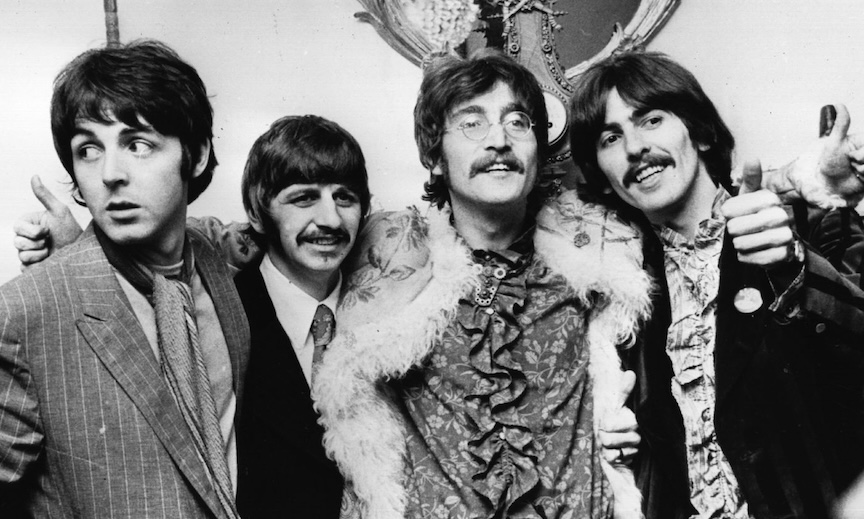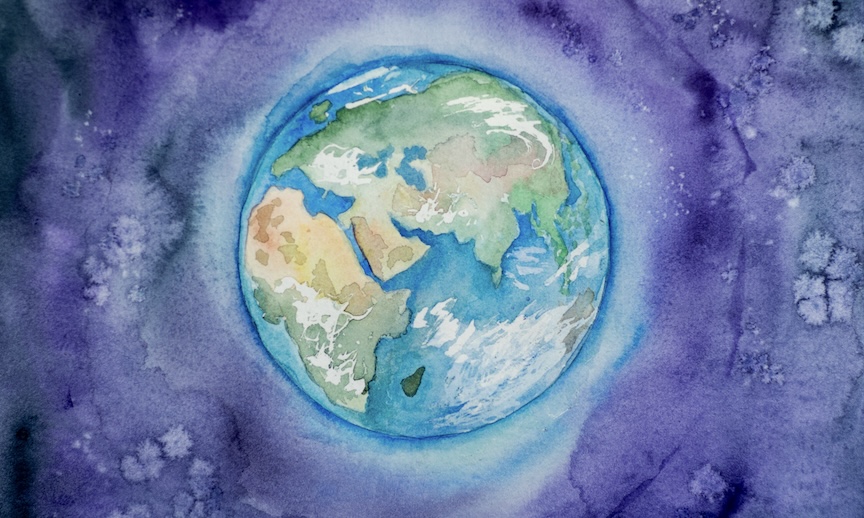The summer after my freshman year in college, I performed the Beatles’ “Penny Lane,” solo…
WHAT MATTERS
“Are we ready for peace? When the world is ready for peace, it will have peace. When the individual is ready for peace, his thought will be so composed that he will find himself living in peace, even though to the world he appears to be in the midst of chaos and confusion…”
– Ernest Holmes, Armistice Day Radio Talk, November 11, 1936
Selections from this radio address are included in The Essential Ernest Holmes, an interesting amalgamation of Holmes’s essays, articles, and lectures. What I like about the collection is that it reads to me as less theoretical, a bit more direct, than some of his other philosophical musings.
Maybe it’s because the context is more clear. Truly, it’s not just romantic idealism, not just feel-good “spin.” The quote above is a good example of the fact that Holmes was responding to real-world situations. In 1936, Europe was bracing against the rise of Hitler’s reich. The United States was struggling through the devastation of the Dust Bowl and Great Depression. It was a time of global anxiety, uncertainty, and despair. This lecture was delivered on a national day of remembrance, honoring the end of WWI, right while we were on the verge of WWII.
As I thought about Earth Day coming up next week, the phrase that kept coming to me was the title of a chapter from this book, from The Essential Ernest Holmes. The chapter from which the above quote comes is called, “The World Has Suffered Enough.”
It’s not called, “Suffering is all in your mind.” It’s not called, “Just think good thoughts and everything will be fine.” It recognizes — courageously — that suffering is already on the table. Pain, poverty, war, injustice, isolation, inequality — you name it. Facing this, meeting these, we are not enjoined to hide, deny, or pretend that they’ll disappear if we look the other way. We as individuals and we as the world can openly acknowledge that we’ve got messes aplenty, and say, “Enough already.” We’ve had enough, now, and we can change things. Enough, now, to know better. Enough information, wisdom, experience to make different choices. When we’re ready, whenever we’re ready, we can and will create a better world.
This is still the Science of Mind, so what Holmes offers is that change must happen from the inside out. It starts with thought, with intention, with prayer. If we want to change the world, we must begin with our own hearts and minds. Choosing and practicing, we’re more and more able to master our own experience. And as we exercise this personal creativity, the world begins to respond in kind.
I believe that there’s an important distinction to be made whenever we talk about our personal, spiritual creativity and power. (I expect that Ernest Holmes would totally concur, by the way.) That is: that spiritual truth is not something to which we cling NO MATTER WHAT. But rather something to implement consciously as we attend to WHAT MATTERS.
I’m thinking about the difference between retreating into our inner world and bringing it forth as a new reality. I’m thinking about spiritual truth not as detachment from life, but as an invitation for ever-deeper engagement with it. Even in troubles, maybe especially in troubles. Ultimately, our aim is to bring our inner and outer worlds into harmony.
Peace doesn’t have to be stasis, uniformity, and silence — it can be spacious and complex, moving and resonant. Same with Love, with Joy, with Wholeness — pick your Good. Choose what matters.
I can’t wait to be with you this Sunday, April 21. 10:00am at Maple Street Dance Space, with the divine Patty Stephens. XO, Drew
©2024 Drew Groves
©2024 Drew Groves




